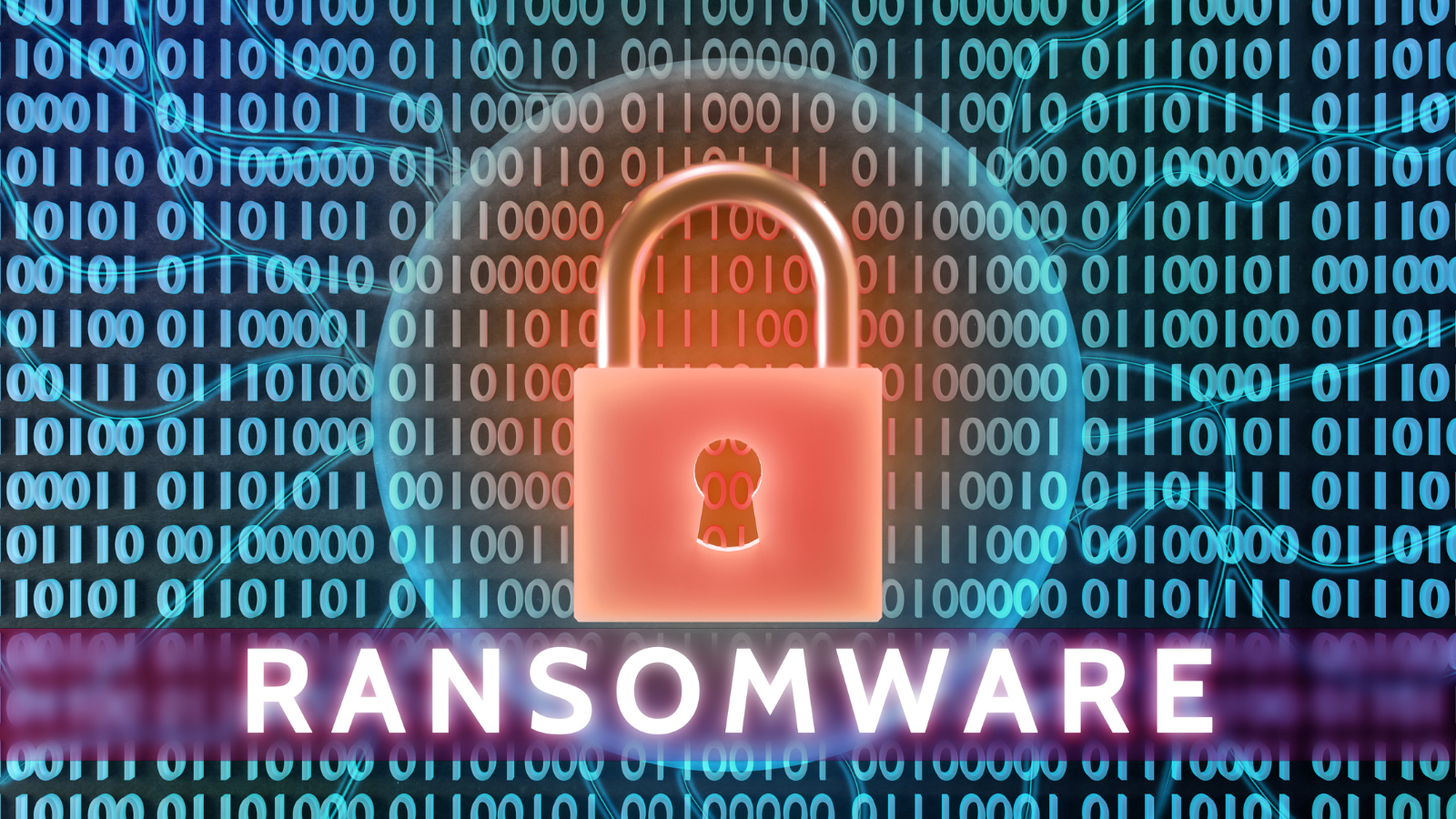EU Targets Strengthening Supply Chains Against Cyber Threats
🇪🇺 EU Targets Strengthening Supply Chains Against Cyber Threats.
Under new EU regulations set to come into force in 2024, European transport and logistics firms, including airlines, airports, and shipping lines, will have to bolster their cybersecurity measures. All member states are now required to establish dedicated teams for responding to cybersecurity incidents, extending the responsibility for basic cybersecurity protocols to a broader range of companies in critical sectors. The transportation sector, particularly aviation, has been identified as the most susceptible to cyberattacks, with 27 incidents recorded between January 2021 and October 2022, often for financial gain or geopolitical tensions, such as the Russia/Ukraine conflict.
Australia's National Cyber Security Coordinator has labeled the recent cyberattack on logistics firm DP World as a "nationally significant cyber incident."
Following the MOVEit ransomware cyberattack, a cybersecurity expert highlights the significant threat posed by supply chain cyberattacks, which have the potential to force organizations out of business.
The reliance on third-party providers poses significant cyber risks for organizations, with a majority (57%) experiencing breaches or attacks through these relationships.
Under new EU regulations set to come into force in 2024, European transport and logistics firms, including airlines, airports, and shipping lines, will have to bolster their cybersecurity measures.
Brian Gant, an assistant professor of cybersecurity at Maryville University, discusses the recent wave of cyberattacks originating from China, which have targeted various entities, including the U.S. government, businesses, and individuals.
A cyberattack, possibly linked to North Korea, has attempted to install malware in over 1,000 networks to steal information and credentials from corporate networks.
Cybersecurity is an increasingly important issue in the supply chain, as companies are increasingly reliant on digital systems to manage their operations.
The Biden Administration announced its plans to expand the minimum cybersecurity requirements for critical industries with the goals of prevention - before cyberattacks can even begin.
Dole, the company famous for its delicious and sweet pineapples, has announced that it had to pause production in North America after ransomware attacked its company systems.
Cyberattacks are a growing threat to global supply chains, and they can result in significant disruption, financial loss, and reputational damage.
At least, according to a survey conducted by the World Economic Forum - which found that 93% of cybersecurity experts and 86% of business leaders are wary of this issue.
More often than not, cybercriminals are counting on a company’s leadership being ignorant of the destruction that can be wreaked on the company’s internal systems.
The majority of the cyber-attacks are originating from Russia and Europe as international adversaries attempt to disrupt the American economy.
The ransomware ravished the entire Tulsa network in early May 2021 and IT professionals had to rebuild it from square one.















The EPA issued a crucial alert, urging water utility systems to enhance their cybersecurity measures immediately to protect the nation's drinking water.